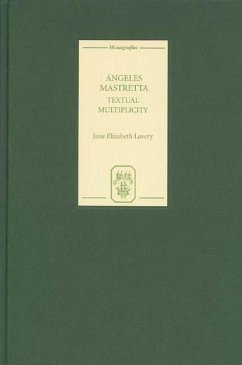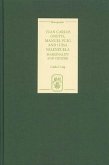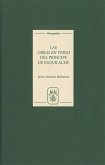The Mexican novelist, Angeles Mastretta (b. 1949), has only recently received serious critical attention largely because her work has been seen as 'popular' and therefore inappropriate for academic study. This first major work to be published on Mastretta seeks to demonstrate the rich complexity and range of the author's fiction and essays. In the tradition of Post-Boom Latin American women's writing, Mastretta's texts are motivated by a desire to speak primarily of the silenced experiences and voices of women. Two of her novels, referential and testimonial in style, can be placed within the Mexican Revolutionary Novel tradition and explore the Revolutionary period and its consequences in the light of female experiences and perspectives. The hitherto unexplored themes of female sexuality and bodily erotics in Mastretta's texts are also considered in this volume. Her feminist works avoid facile simplifications: heterogeneous and dialogical, they interweave the historical and the fictional, the everyday and the fantastic. The originality of Mastretta's writing lies in its elusive postmodern ambiguities: shimmering surfaces are often interrupted by unexpected depths and proliferating meanings cannot be fully circumscribed by critical analysis. Jane Elizabeth Lavery lectures in Latin American Studies at the University of Kent.
Bitte wählen Sie Ihr Anliegen aus.
Rechnungen
Retourenschein anfordern
Bestellstatus
Storno



